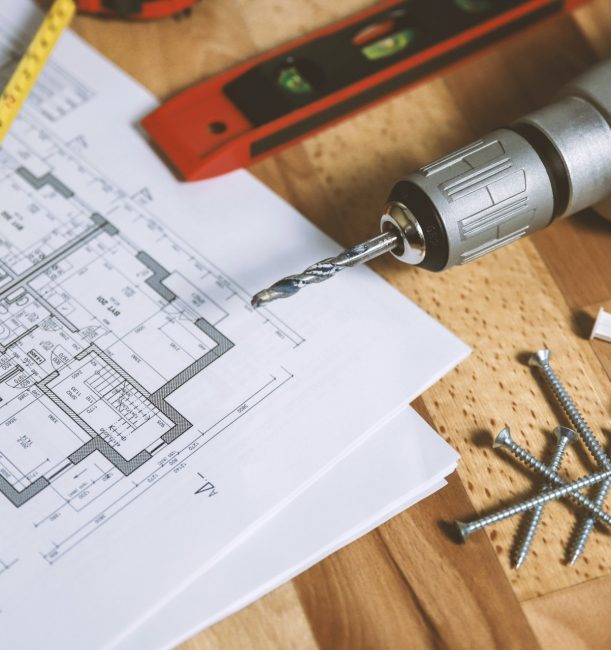The HomeBuilder Stimulus package provides eligible owner-occupiers (including first home buyers) a grant of $25,000 to build a new home or substantially renovate an existing home.
HomeBuilder is set to assist the residential construction market by encouraging the commencement of new home builds and renovations in 2020.
Subject to meeting the terms and conditions, HomeBuilder is available where the contract is signed between 4 June 2020 and 31 December 2020. Construction must commence within three months of the contract date.
The HomeBuilder scheme will be open for applications through Revenue NSW soon, however we urge you to consider or ensure you have organised these five aspects prior to pressing submit.
HomeBuilder is designed to complement existing State and Territory first homeowner grant programs, stamp duty concessions and other grant schemes as well as encouraging existing home owners to undertake home extensions, renovations or improvements.
It may seem an obvious step in the process, however ensuring you have your home loan or home renovation loan approved prior to committing to the HomeBuilder program is key.
To qualify for the HomeBuilder grant there are several eligibility requirements.
Eligibility requirements about you:
Eligibility requirements about your renovation or new build:
Eligibility requirements about your builder:
Lastly, you must enter into the building contract between 4 June 2020 to 31 December 2020.
The HomeBuilder grant is designed to be used to significantly improve the accessibility, safety and liveability of your home. It is intended for owner occupiers looking to improve or enlarge their home by doing renovations internally.
Renovation activities exempt from HomeBuilder include:
Home improvements are a great way to increase the value of your property. However, homeowners are encouraged to compare the cost of their home improvements with the anticipated increase in property value following the improvements.
For example, under the HomeBuilder scheme, eligible applicants must spend at least $150,000 on home improvements. Homeowners should weigh up if these improvements will translate into improved property value to make the project worthwhile.
What is your long-term plan for this property?
If you plan on moving from this home within the next two to three years, it is recommended not to invest in home improvements that do not increase the resale value of your home.
If you are planning on staying in this home into retirement, focusing your home improvements to ensure comfort as you age may be the best decision for you.
For more information on HomeBuilder, read the Australian Government fact sheet here, or the frequently asked questions here.
If you are a first home buyer and want to find out more about how the purchasing process works, download our free conveyancing e-guide here. Should you require any further information on conveyancing, please contact us on (02) 6583 0400 or info@dohlaw.com.au.
